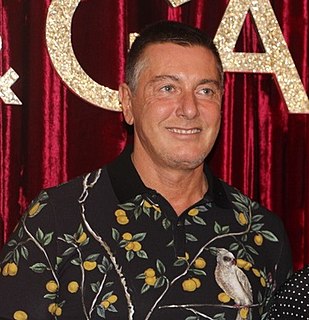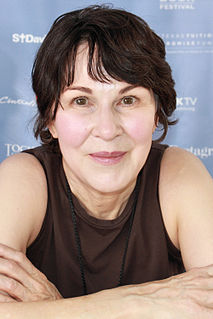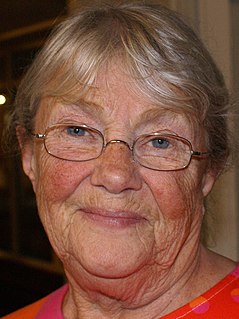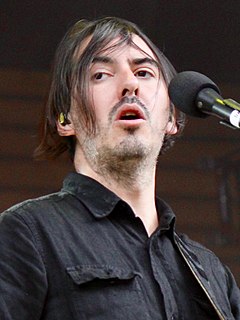A Quote by Namie Amuro
During my grief, I realised there was nothing I could do for my mother, but I did have a child.
Related Quotes
One thing I did have under my belt was, my mother lost her mother when she was 11. She mourned her mother her whole life and made my grandmother seem present even though I never met her. I couldn't imagine how my mom could go on but she did, she took care of us, she worked two jobs and had four children. She was such a good example of how to conduct oneself in a time of grief. When I lost my husband, I tried to model myself as much as I could on her.
If I could wish the Kingslayer back in chains I would. You freed him without my knowledge or consent... but what you did, I know you did for love. For Arya and Sansa, and out of grief for Bran and Rickon. Love’s not always wise, I’ve learned. It can lead us to great folly, but we follow our hearts... wherever they take us. Don’t we, Mother?
It is a view of God that compensates every thing else, and enables the soul to rest in His bosom. How, when the child in the night screams with terror, hearing sounds that it knows not of, is that child comforted and put to rest? Is it by a philosophical explanation that the sounds were made by the rats in the partition? Is it by imparting entomological knowledge? No; it is by the mother taking the child in her lap, and singing sweetly to it, and rocking it. And the child thinks nothing of the explanation, but only of the mother.
I can't even begin to describe how I miss him. He always supported me in everything I did. He was a very wise man and I realised at an early age I could learn a lot from him. He always gave me the right answer. But above all he was a very easy-going guy and all he wanted was to be my best friend. I'm an only child and so he shared everything with me. Of course he was very young to die and I was very young to lose a father. But there was nothing left unsaid between us.
I think what I was unconsciously expressing in 'Black Rainbow' was a very abstract and metaphorical grief, in the way I had suppressed my grief about my mother dying. In retrospect I realise I started writing 'Mandy' as a sort of antidote to that, to sort of express those emotions, to purge that grief.
You have to understand that I'm a child of the second generation, which means my mother was in Auschwitz, and the aunt of my mother was in Auschwitz with her; my grandmother and grandfather died there. So yes. All of those gestures they work for you, or for them, to fill their time or not feel their anxiety. But the child feels everything. It doesn't make the child secure. You put the child in a jail.
The great constructive energies of the child ... have hitherto been concealed beneath an accumulation of ideas concerning motherhood. We used to say it was the mother who formed the child; for it is she who teaches him to walk, talk, and so on. But none of this is really done by the mother. It is an achievement of the child. What the mother brings forth is the baby, but it is the baby who produces the man. Should the mother die, the baby still grows up and completes his work of making the man.



































